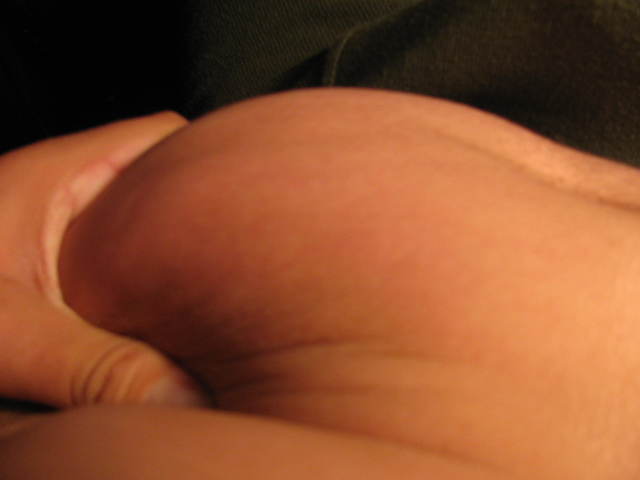Lose Weight > Question and Answer > Nutrition Dieting > Asparagus: an aquaretic, a prebiotic, antioxidant, and antiinflammatory plant
Asparagus: an aquaretic, a prebiotic, antioxidant, and antiinflammatory plant
Question
QUESTION: Doctor Oz seems to speak very warmly about asparagus. Is it really that great? I personally hate the flavor and would eat just about anything else. Also some people will say that when someone's urine smells like asparagus after they've eatten it, that means their body is ridding itself of toxins because of it. How true is that?
ANSWER: Dear James,
I am not quite aware of the reason(s) by which Dr Oz is asparagus fan, however, there is indeed information about its health benefits. Let's talk, for example, about the trademarked supplement consisting of dried asparagus and parsley called Asparagus-P.
The content of flavonoids in asparagus roots and parsley leaves posess aquaretic effect. Unlike diuretics, aquaretic remove only water, not electrolytes, which is much better for the body. Both ingredients of Asparagus-P have antioxidant and antiinflammatory properties.
Asparagus is considered a good source of prebiotics -- non-digestible carbohydrates that stimulate the growth of beneficial bacteria in the intestines. Sources of prebiotics include fructo-oligosaccharides and inulin, found in onions, asparagus, chicory, and banana.
Read more:
Prebiotics
http://atkinszone-did-you-know.blogspot.com/2008/10/how-prebiotics-work.html
Nutrients in asparagus
http://atkinszone-recipes.blogspot.com/2010/07/asparagus-calories-fats-carbs-pro
Source:
Peter C. Dartsch. Effect of Asparagus-P?on Cell Metabolism of Cultured Kidney and Inflammation-mediating Cells. PHYTOTHERAPY RESEARCH Phytother. Res. 22, 1477?481 (2008)
---------- FOLLOW-UP ----------
QUESTION: Is there another vegetable that will do most of the same things or better?
Examples of:
- aquaretic - stinging nettle, goldenrod, parsley, juniper, birch leaves, bearberry
- prebiotic - burdock root, dandelion root, elecampane root and chicory root, onions, and banana
- Antioxidants:
http://agelessbrain.com/category/brain-metabolism/oxidative-damage/antioxidants/
- Prev:sodium intake
- Next:Creatine
Related Articles
-
Pyruvate instead of ketogenic diet?
QuestionDr Zilberter, Ive read on your site brainfuels.com about
-
Sprinting caloric needs
QuestionHello, my name is Elena and I am a bit clueless on how ma
-
How many calories should I be eating each day?
QuestionI am 51 and 118 lbs. and am very active at work and at ho
-
Weight Loss & Nutrition
QuestionGood Morning! Im looking for any helpful information tha
-
beakfast vs metabolism
QuestionDear Glyn, does skipping breakfast (or not eating breakf
-
THANK YOU SO MUCH
QuestionGOD BLESS YOU Reverend! Thank you so much for your help.




